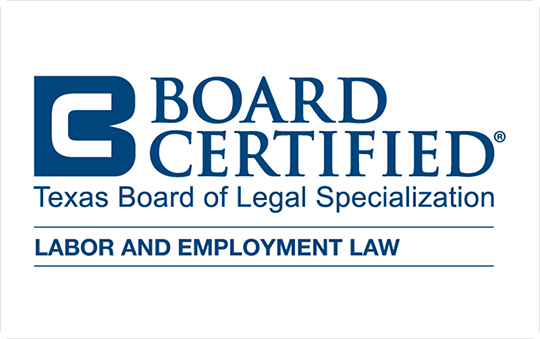Recently, I have addressed ways you may designate assets for beneficiaries without a Will or probate. Let me be perfectly clear: I have never written you don’t need a Will.
Still, legally enforceable beneficiary designations permit you to transfer assets at your death without waiting for probate. A Will remains the perfect safety net when your beneficiary designation fails, or your designation isn’t legally enforceable.
2 Steps
A legally enforceable beneficiary designation for your motor vehicle takes 2 steps. First, you, the owner, must act. You must complete the Beneficiary Designation for a Motor Vehicle (Form VTR-121) (txdmv.gov). Also, you must complete Application for Texas Title and/or Registration (Form 130-U) (txdmv.gov). Then, you submit the forms to your county tax-accessor along with correct the fee amount, approximately $75 depending on your home county. (The vehicle must have a current inspection and that fee is an additional $7.50.)
Once you have submitted both forms and paid the fee, you have completed the first step. The state will issue a new title and your designated beneficiary will appear on the title.
The second step is done by your designated beneficiary. After 120 hours following your death, your beneficiary submits documentation. Your beneficiary submits a new Application for Texas Title and/or Registration (Form 130-U) (txdmv.gov) along with your old title and proof of your death, usually a death certificate. The beneficiary must also pay the correct fee. Your beneficiary must complete the transfer within 180 days from your date of death.
Important Facts
In addition to knowing these 2 steps, you should understand the following important facts. After the transfer on death designation is submitted, you, the owner, retain full rights in the vehicle. You can sell the vehicle, remove the beneficiary, or change the beneficiary designation by submitting a new application. The beneficiary has no right to the vehicle until your death. And if you sell it, your beneficiary gets nothing under the designation.
Another important fact, your beneficiary designation overrides any contradictory statement in your Will. So, if your beneficiary designation says your car goes to your son and your Will says it goes to your daughter, guess what? The beneficiary designation trumps your Will, and your son gets the car. But if your son fails to submit the required information within 180 days of your death, the car passes according to your Will or, if you have no Will, the car passes by Texas intestacy laws—possibly causing unintended consequence.
The final important fact is this transfer is outside your probate estate. This means you transfer ownership of your vehicle with protection from the Medicaid Estate Recovery Program (MERP).
By following these 2 steps, Texans, like you, can successfully transfer their vehicles to beneficiaries outside of their Wills and probate.










